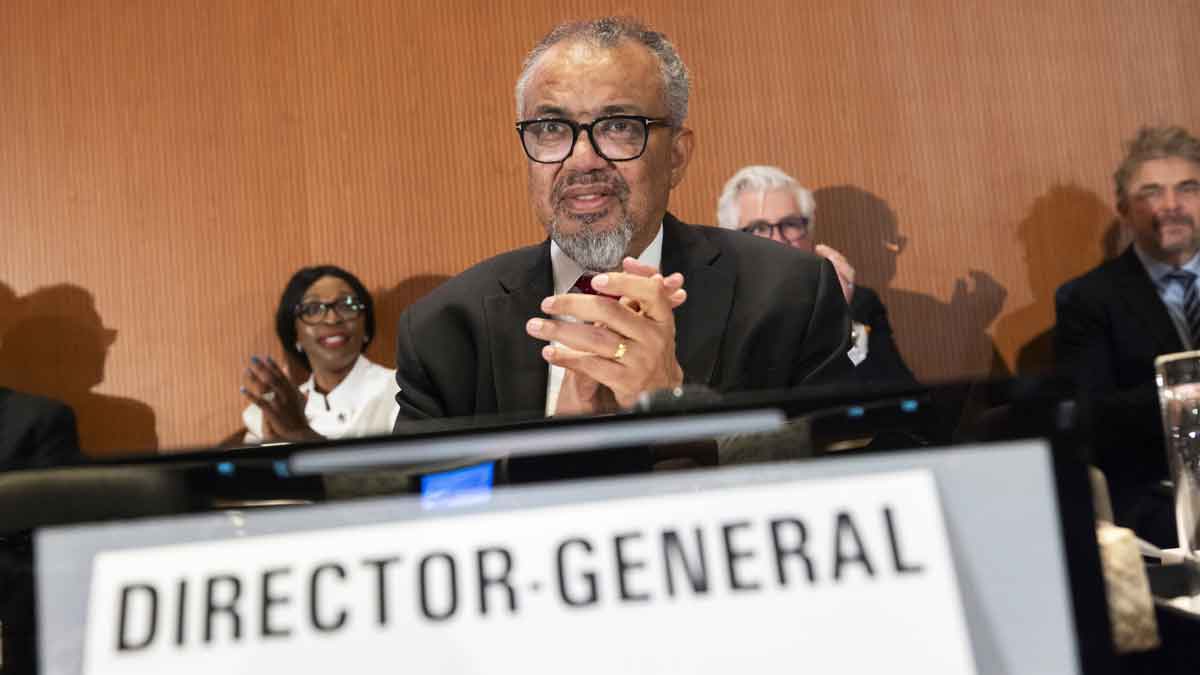Explained | WHO’s historic pandemic agreement adopted in US absence
 Tedros Adhanom Ghebreyesus, Director General of the WHO, applauds as member countries approve an agreement to combat future pandemics, during the 78th World Health Assembly at the European headquarters of the United Nations in Geneva | AP
Tedros Adhanom Ghebreyesus, Director General of the WHO, applauds as member countries approve an agreement to combat future pandemics, during the 78th World Health Assembly at the European headquarters of the United Nations in Geneva | AP
Members of the World Health Organisation (WHO) on Tuesday adopted a global pandemic accord at the World Health Assembly held in Geneva. The WHO Pandemic Agreement would help the world to be better prepared to deal with any future pandemics.
However, the United States' absence casts uncertainty on its effectiveness. After President Donald Trump took office, the US withdrew from the WHO and its negotiations. Since then, WHO has been battered by a major funding issue.
124 countries voted in favour of the agreement, while 11 countries including Poland, Russia, Iran, Israel and Slovakia abstained. No country voted against the accord.
What is the WHO Pandemic Agreement?
The global pandemic agreement gives an understanding on how the world should work together to tackle disease outbreaks. An agreement has been achieved after three years of negotiations with the member nations.
The agreement would ensure that drugs, therapeutics and vaccines are globally accessible when the next pandemic hits. It also requires participating manufacturers to allocate a target of 20% of their vaccines, medicines, and tests to the WHO during a pandemic in order to ensure that poorer countries have access.
However, no member states would face penalties if they fail to implement it.
Dr Tedros Adhanom Ghebreyesus, director general of the WHO said, "It was a victory for public health, science and multilateral action."
It was after the Covid-19 spread that the WHO came up with a pandemic agreement in order to avoid the disjointed global response. The plans for the pandemic treaty were announced first in March 2021.
“It will ensure we, collectively, can better protect the world from future pandemic threats. It is also a recognition by the international community that our citizens, societies and economies must not be left vulnerable to again suffer losses like those endured during Covid-19,” said Ghebreyesus.
During the Covid-19 pandemic, the US poured billions of dollars into vaccine development which sped up the process of preventive vaccine deployment.
Many health experts welcomed the agreement as several poorer nations were left short of vaccines and diagnostics during the Covid-19 pandemic.
Health